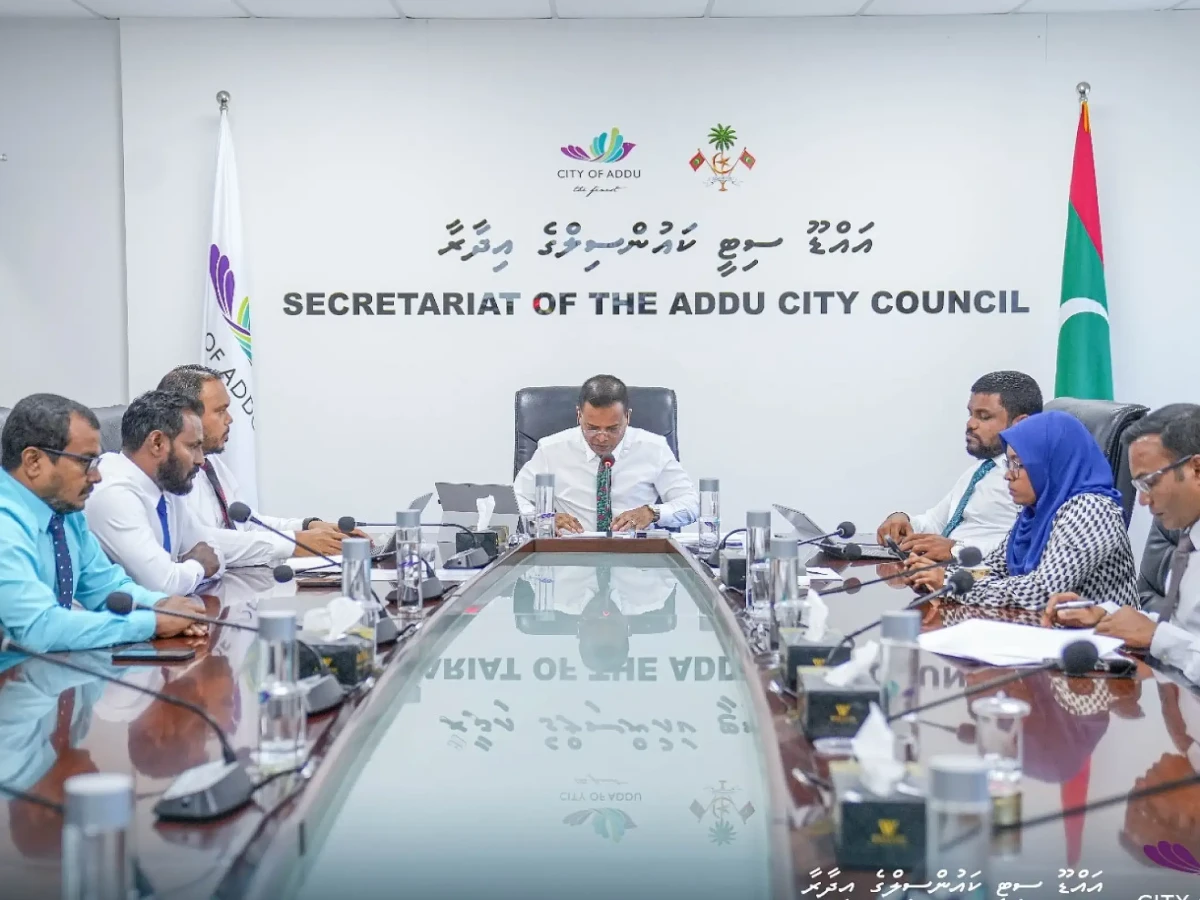
Proposed councillor reduction prompts calls for fewer MPs
Government has argued that the current number of councillors results in higher administrative costs and inefficiencies, particularly in smaller communities.
Top Stories
-
MP Mauroof released from custody, receiving hospital treatment
-
House floor sinks in Malé during nearby construction work
-
PNF to hold special rally at Artificial Beach on Wednesday
-
MDP MP says Mauroof arrest may breach parliamentary privileges
-
Complaint filed with JSC over judge’s remarks on defence lawyer
Parliament is currently debating a proposal to reduce the number of councillors in local councils from five to three, a move initiated by Baarah MP Ibrahim Shujau. The proposal has now been opened for public comment, triggering widespread discussion on social media platforms and among political stakeholders.
The government has argued that the current number of councillors results in higher administrative costs and inefficiencies, particularly in smaller communities. The resolution notes concerns over the expenses incurred by maintaining five councillors per island and proposes that islands with populations under 3,000 should be represented by only three councillors.
However, members of the opposition have expressed reservations. Some MPs from the Maldivian Democratic Party (MDP) claim the government’s intention is to reduce financial aid allocated to councils from the state budget. Under existing law, councils receive five percent of the state’s revenue, which is used to fund councillor salaries, administrative staff, and public services. Opposition MPs argue that reducing councillor numbers may have implications for resource allocation and local governance.
On social media, public responses have varied. Several commenters questioned why the number of councillors is being debated without considering the reduction of parliamentary seats or other political positions. Others highlighted the need to evaluate the qualifications and performance of elected representatives, rather than focusing solely on their number.
Some users proposed that the number of councillors should be based on population size. For instance, the island of V. Rakeedhoo, with fewer than 70 residents, currently has five councillors. Critics argue that such a structure is disproportionate, while noting that reducing councillors on more populous islands could negatively impact service delivery.
Concerns were also raised about the approach to cost reduction. One commentator noted that government spending could be better addressed by reviewing political appointments rather than making constitutional changes that may affect local governance systems.
The Ministry of Finance has previously indicated that local councils’ current structure may not be financially sustainable in the long term. The outcome of this debate could result in legislative amendments to the Decentralisation Act, with potential implications for council operations and public service delivery across the Maldives.




